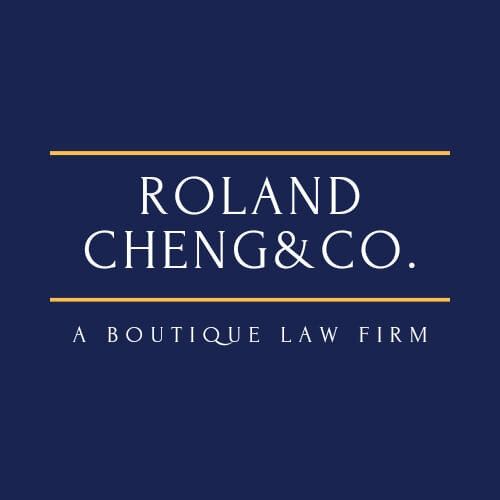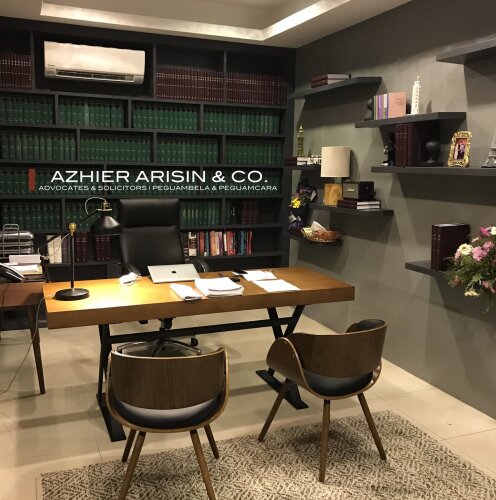Best Dangerous Product Lawyers in Kota Kinabalu
Share your needs with us, get contacted by law firms.
Free. Takes 2 min.
List of the best lawyers in Kota Kinabalu, Malaysia
About Dangerous Product Law in Kota Kinabalu, Malaysia
Dangerous Product Law in Kota Kinabalu, Malaysia involves legislation and regulations aimed at ensuring the safety and standards of products sold or distributed within the region. These laws are designed to protect consumers from products that may pose a risk to health or safety, ensuring that manufacturers and distributors comply with national safety standards and quality control. In Kota Kinabalu, as part of Malaysia, these regulations are enforced under national laws such as the Consumer Protection Act 1999, as well as other industry-specific regulations that govern hazardous materials and consumer products.
Why You May Need a Lawyer
Individuals may require legal assistance in Dangerous Product scenarios for various reasons. Common situations include when you have been injured or harmed by a product that is deemed dangerous or defective, seeking compensation for damages caused by such products, or if you are a business facing allegations of distributing dangerous goods. A lawyer specialized in this field can guide you through the legal proceedings, whether defending your rights as a consumer or ensuring compliance with relevant laws as a business entity.
Local Laws Overview
Kota Kinabalu, like other parts of Malaysia, adheres to several key laws concerning dangerous products. The Consumer Protection Act 1999 is pivotal in safeguarding consumer rights, where any breach concerning product safety may result in legal action. Other relevant laws include the Sale of Goods Act 1957, which governs the terms of sale and product quality, and the Occupational Safety and Health Act 1994, which can be relevant in cases involving hazardous materials found in workplaces that could affect consumers and employees alike.
Frequently Asked Questions
What qualifies as a dangerous product in Malaysia?
A dangerous product is typically one that has a defect in design, manufacturing or a failure to provide adequate warnings or instructions, leading to potential harm to the consumer.
What should I do if I am injured by a dangerous product?
If injured by a dangerous product, seek medical attention immediately and collect evidence of the injury and the product involved. It is advisable to consult with a lawyer to discuss your options for claiming compensation.
Can I file a lawsuit on my own?
While it's possible to file a lawsuit on your own, it's often beneficial to hire an attorney who specializes in dangerous product cases to ensure that legal procedures are correctly followed and to improve the chances of a successful outcome.
How do product recalls work in Malaysia?
Product recalls may be initiated by the manufacturer or ordered by relevant governmental bodies upon identifying safety concerns. Consumers are usually advised to stop using the product and follow the recall instructions for a refund or replacement.
Are there any penalties for selling dangerous products?
Yes, penalties for selling dangerous products can include fines, imprisonment, and mandates to compensate affected consumers. The severity of penalties depends on the nature of the violation and its impact.
How are dangerous products regulated in Kota Kinabalu?
Dangerous products are regulated through a combination of national legislation, consumer protection agencies, and industry-specific standards and inspections to ensure safety and compliance.
Can businesses defend against claims of selling dangerous products?
Yes, businesses can defend against such claims, typically by demonstrating compliance with safety standards, showing the product met regulatory requirements, or proving user misuse.
What role do consumer protection agencies play?
Consumer protection agencies in Malaysia play a vital role in legislating, enforcing standards, and assisting consumers and businesses in resolving disputes related to product safety.
How long do I have to file a claim concerning a dangerous product?
In Malaysia, the statute of limitations for filing a claim may vary, but generally, claims should be made within a specified period from the date of injury or discovery of the injury. Consulting a lawyer for precise timelines is recommended.
Can I seek compensation if a recall notice was issued but didn't reach me?
It may be possible to seek compensation even if a recall notice didn't reach you. Legal advice from an attorney can help clarify your rights and possible remedies in such situations.
Additional Resources
Those seeking guidance on dangerous products in Kota Kinabalu can reach out to the Ministry of Domestic Trade and Consumer Affairs (MDTCA), the Consumers’ Association of Sabah and Labuan (CASH), and legal firms with specialization in consumer protection law. Additionally, reviewing official publications and safety guidelines issued by relevant governmental bodies can provide useful insights.
Next Steps
If you require legal assistance regarding dangerous products, the first step is to gather evidence and documentation related to your situation. Contact a specialized lawyer who can provide detailed advice and represent you throughout the legal process. Additionally, consider reaching out to consumer protection agencies for further support and guidance. Taking timely action is crucial to protecting your rights and achieving a favorable resolution.
Lawzana helps you find the best lawyers and law firms in Kota Kinabalu through a curated and pre-screened list of qualified legal professionals. Our platform offers rankings and detailed profiles of attorneys and law firms, allowing you to compare based on practice areas, including Dangerous Product, experience, and client feedback.
Each profile includes a description of the firm's areas of practice, client reviews, team members and partners, year of establishment, spoken languages, office locations, contact information, social media presence, and any published articles or resources. Most firms on our platform speak English and are experienced in both local and international legal matters.
Get a quote from top-rated law firms in Kota Kinabalu, Malaysia — quickly, securely, and without unnecessary hassle.
Disclaimer:
The information provided on this page is for general informational purposes only and does not constitute legal advice. While we strive to ensure the accuracy and relevance of the content, legal information may change over time, and interpretations of the law can vary. You should always consult with a qualified legal professional for advice specific to your situation.
We disclaim all liability for actions taken or not taken based on the content of this page. If you believe any information is incorrect or outdated, please contact us, and we will review and update it where appropriate.









